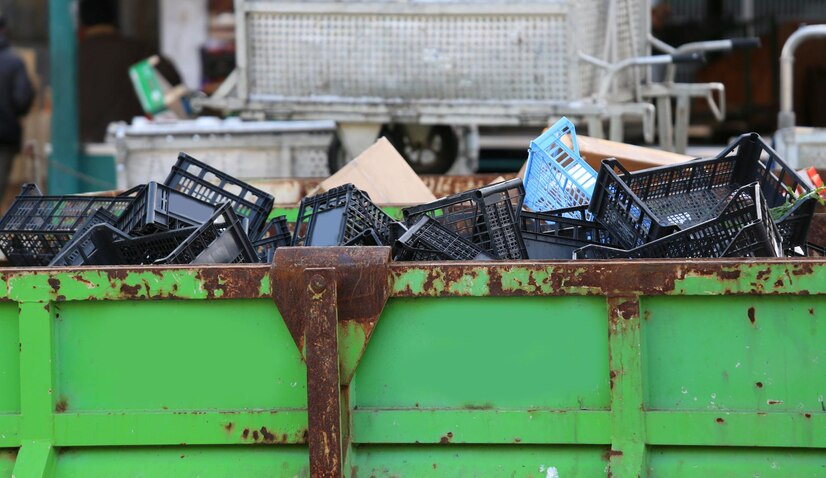As the world grapples with the challenges of climate change, environmental degradation, and pollution, it has become increasingly important to adopt sustainable practices that reduce our ecological footprint. One crucial aspect of environmental stewardship is proper waste disposal and recycling, which can significantly mitigate the negative impacts of human activity on the environment.
The Consequences of Improper Waste Disposal
Improper waste disposal can have devastating consequences on the environment, including air and water pollution, soil contamination, and loss of biodiversity. When waste is not disposed of properly, it can end up in landfills, where it takes hundreds of years to decompose, releasing methane and other greenhouse gasses into the atmosphere. Moreover, improper waste disposal can also lead to the pollution of waterways, posing a significant threat to aquatic life.
The Importance of Recycling
Recycling is a critical component of proper waste disposal, as it helps to conserve natural resources, reduce landfill waste, and decrease greenhouse gas emissions. Recycling also saves energy, reduces pollution, and decreases the need for extracting and processing raw materials. In the United States alone, recycling has been shown to save enough energy to power over 10 million homes for a year.
Electronic Waste: A Growing Concern
The rapid growth of technology has led to a significant increase in electronic waste, including discarded computers, phones, and televisions. The electronic recycling is essential to ensure that these hazardous materials are disposed of in an environmentally responsible manner. Electronic waste contains toxic materials such as lead, mercury, and cadmium, which can contaminate soil and water if not disposed of properly.
Residential Waste Disposal: A Shared Responsibility
Residential waste disposal is a shared responsibility between individuals, communities, and municipalities. The residential dumpster rental services can provide homeowners with a convenient and efficient way to manage their waste, but it is essential to ensure that waste is sorted and disposed of properly. Residents can play a crucial role in reducing waste by adopting sustainable practices such as reducing, reusing, and recycling.
Implementing Sustainable Waste Management Practices
Implementing sustainable waste management practices requires a multi-faceted approach that involves individuals, communities, and governments. This can include implementing recycling programs, reducing waste generation, and increasing public awareness about the importance of proper waste disposal. Governments can also play a crucial role by implementing policies and regulations that promote sustainable waste management practices.
Education and Awareness
Education and awareness are critical components of promoting sustainable waste management practices. By educating individuals about the importance of proper waste disposal and recycling, we can empower them to make informed choices about their waste management practices. Public awareness campaigns, educational programs, and community outreach initiatives can all play a crucial role in promoting sustainable waste management practices and reducing waste generation.
Conclusion
In conclusion, environmental stewardship through proper waste disposal and recycling practices is essential for mitigating the negative impacts of human activity on the environment. By adopting sustainable practices, reducing waste generation, and increasing recycling rates, we can significantly reduce our ecological footprint and create a more sustainable future for generations to come. It is essential that individuals, communities, and governments work together to implement sustainable waste management practices that prioritize the health of our planet.












